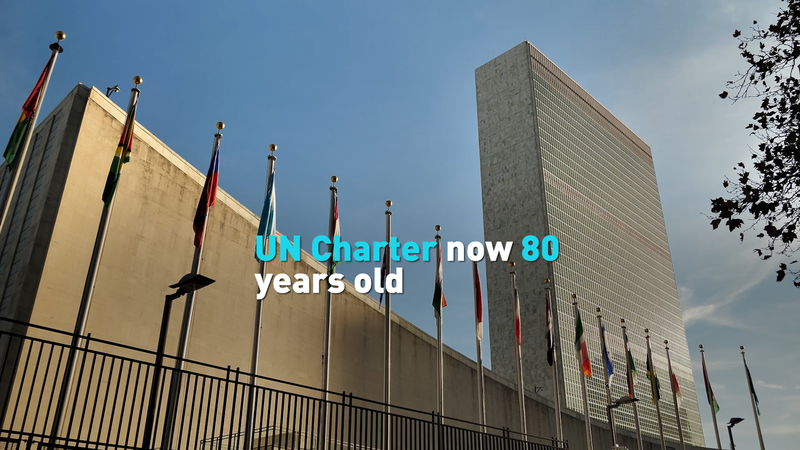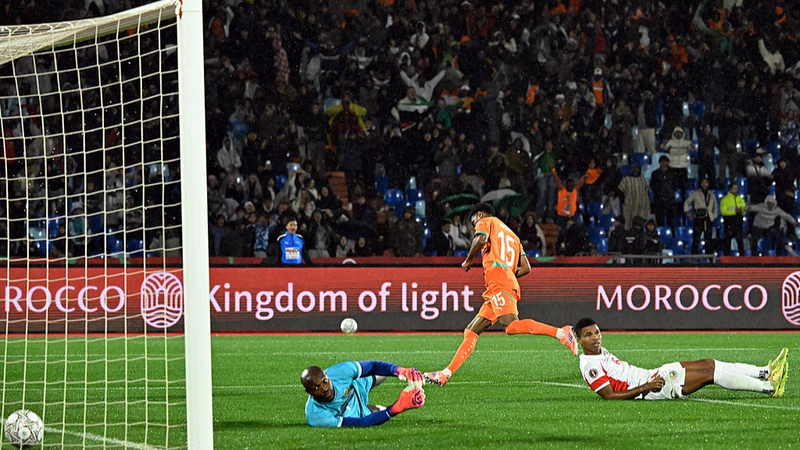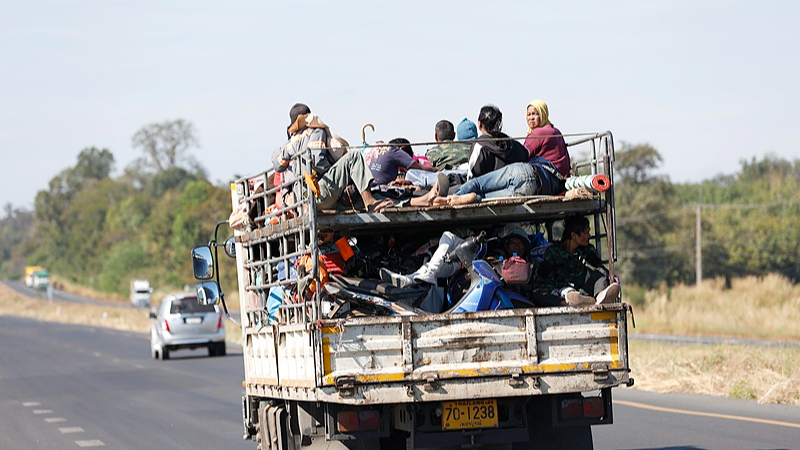June 26 marks the 80th anniversary of the United Nations Charter, signed in San Francisco in 1945 with the hope of preventing another world war. Today, historians and political experts see this milestone as a chance to both celebrate past achievements and confront ongoing global challenges.
Despite its mixed track record on major crises—from climate emergencies to regional conflicts—many observers admit there is pessimism about the UN’s ability to tackle urgent issues. Still, the organization remains a key arena for dialogue.
For digital-savvy young global citizens, the anniversary highlights the power of online activism and global conversations. Social media campaigns now rally support for climate action, human rights, and sustainable development across borders.
Entrepreneurs and tech enthusiasts are exploring ways to align innovation with the Charter’s vision. Young professionals can tap into international networks to fund projects that drive economic growth while honoring global responsibilities.
Thought leaders and changemakers use data and storytelling to push for transparency and accountability. Virtual roundtables, open reports, and collaborative platforms are fueling fresh perspectives on peacebuilding and social justice.
Even sports and entertainment are joining the conversation. Major events and festivals often partner with UN initiatives to promote cultural exchange, unity, and awareness of global challenges—turning arenas and screens into stages for social impact.
For travelers and digital nomads, the Charter’s anniversary is a reminder of the value of cross-border cooperation. Sustainable travel practices encourage immersive experiences that respect local cultures and protect the environment.
As the UN Charter turns 80, its founding call for collective action still resonates. This milestone invites a new generation—from students and startup founders to activists and explorers—to shape the future of international cooperation.
Reference(s):
cgtn.com



